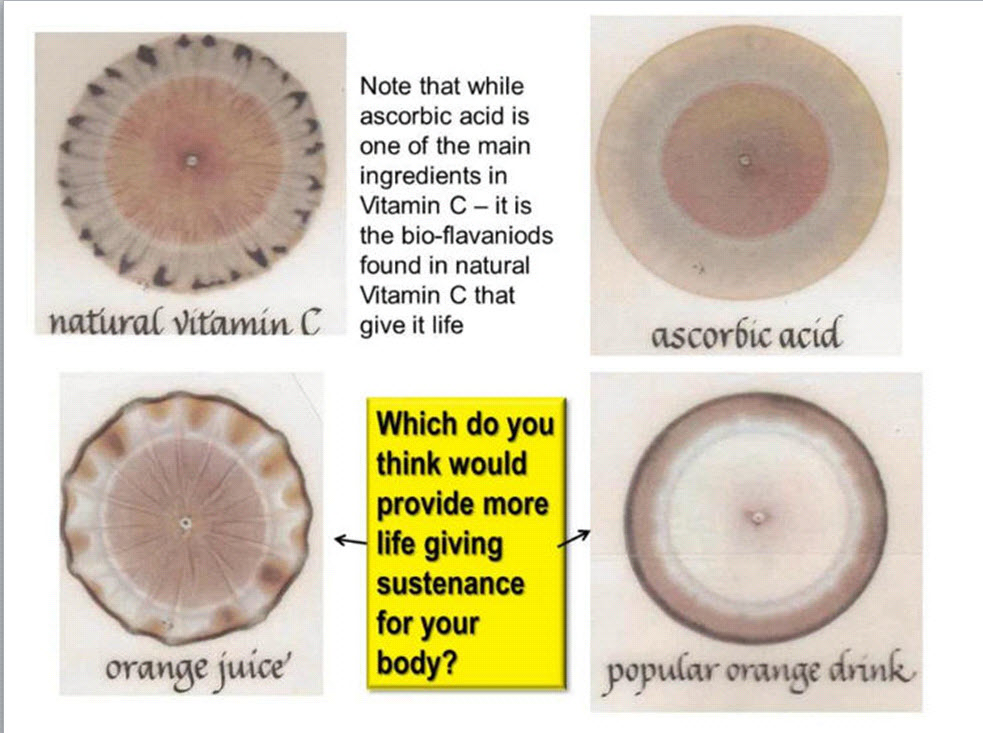Chip Chip.
First of all. I do not feed any pelleted food, nor any processed foods to my flock.
The article makes one very valid point some seem yo be missing. Pellets are designed to be 80% more of your basic diet, for any supplements will do any good.
If you are feeding pellets to cover anything, this means you need to be a high percentage pellet diet.
What I forgot to add:
Was that any supplements should only be added if your AV says and can show you the need.
Target that what is needed.
To ,e adding pellets on a maybe case is about as random as adding medications to their water.
And I am sure the time has passed where anybody would be feeding pellets at more than 25%. At least I hope so.
It does seem to be true that pellets only have a hold on USA market.
I have yet to see any independent evidence that says pellets are all the manufactures claim.
Do you not think, if it is true that we are seeing so many issues with Eclectus due to processed foods, that overtime you are going to see the same things in other birds?
The about what has been seen in the past and blamed on seeds. Is in some ways true, but also false. Bad diets are bad diets, no body is going to argue that. But lets address the supply of seed. From my own research when I first got into birds, was just how bad some seed mixes were. Lets say junk.
When you buy good quality fresh seed, it should sprout. I wonder how much in America would sprout. Or for that matter is there any that is unadulterated?
I now care for 4 Eclectus. The two adults were not in the best condition when I got them. Both were diet related issues, and Percy had other life issues that had taken it's toll.
I have watched both improve in condition over the last year. Vet check seems to confirm they are doing great.
Diet: Nothing other than sprouts (as per my sprouting thread), fruit, veg, AND seed. They do get other things depending what I can find.
I have 8 Cockatiels.
And Alex.
They all seem to be doing very well, without pellets.






